Chemical Engineering
-
New Grant Aims to Gain Control Over Disordered Materials
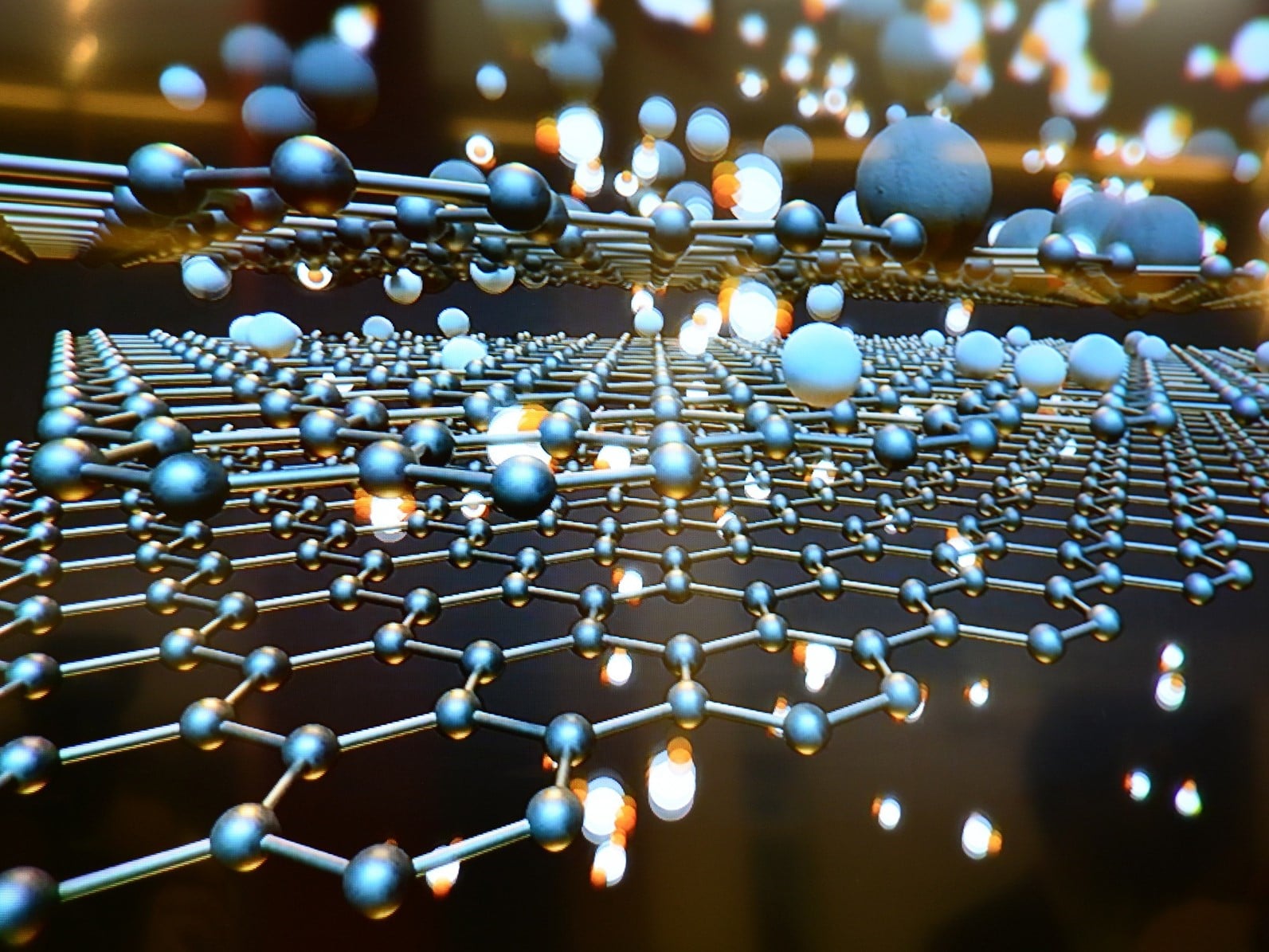
A new class of designer gels is on the way, potentially packed with a combination of properties that have traditionally been mutually exclusive to either stiff or soft materials.
-
Texas Engineer Brian Belardi Awarded Packard Science and Engineering Fellowship
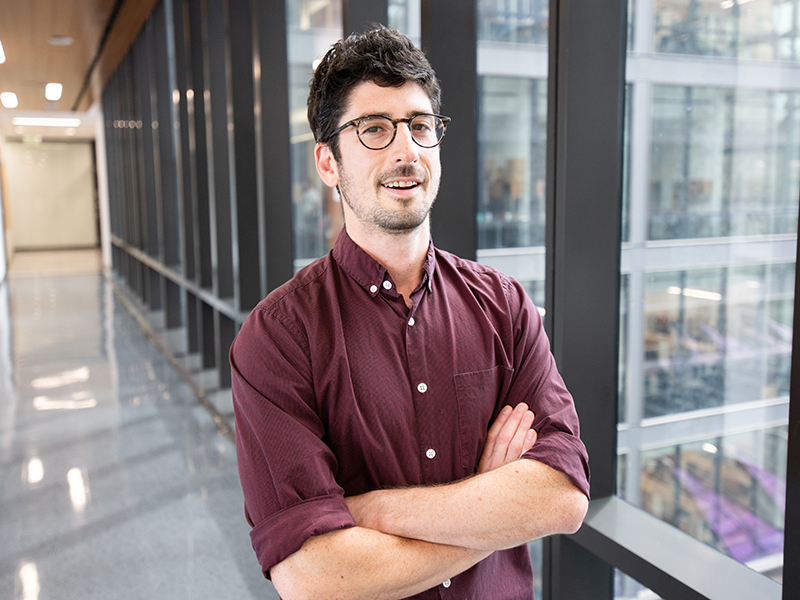
Brian Belardi has been awarded the prestigious David and Lucile Packard Foundation Packard Fellowship for Science and Engineering, a high honor that recognizes the nation’s top young scientists and engineers and spurs them to take on risky, impactful projects.
-
5 Questions with Sustainable Catalysis Expert Joaquin Resasco
Joaquin Resasco is gathering momentum.
In the last month, he has won the Young Investigator Award from the Society of Hispanic Professional Engineers (SHPE) and was recognized as part of the American Institute of Chemical Engineers’ 35 Under 35 group (AIChE).
-
Poor Air Quality Deforms Our Cells; What Does It Mean for Their Health?
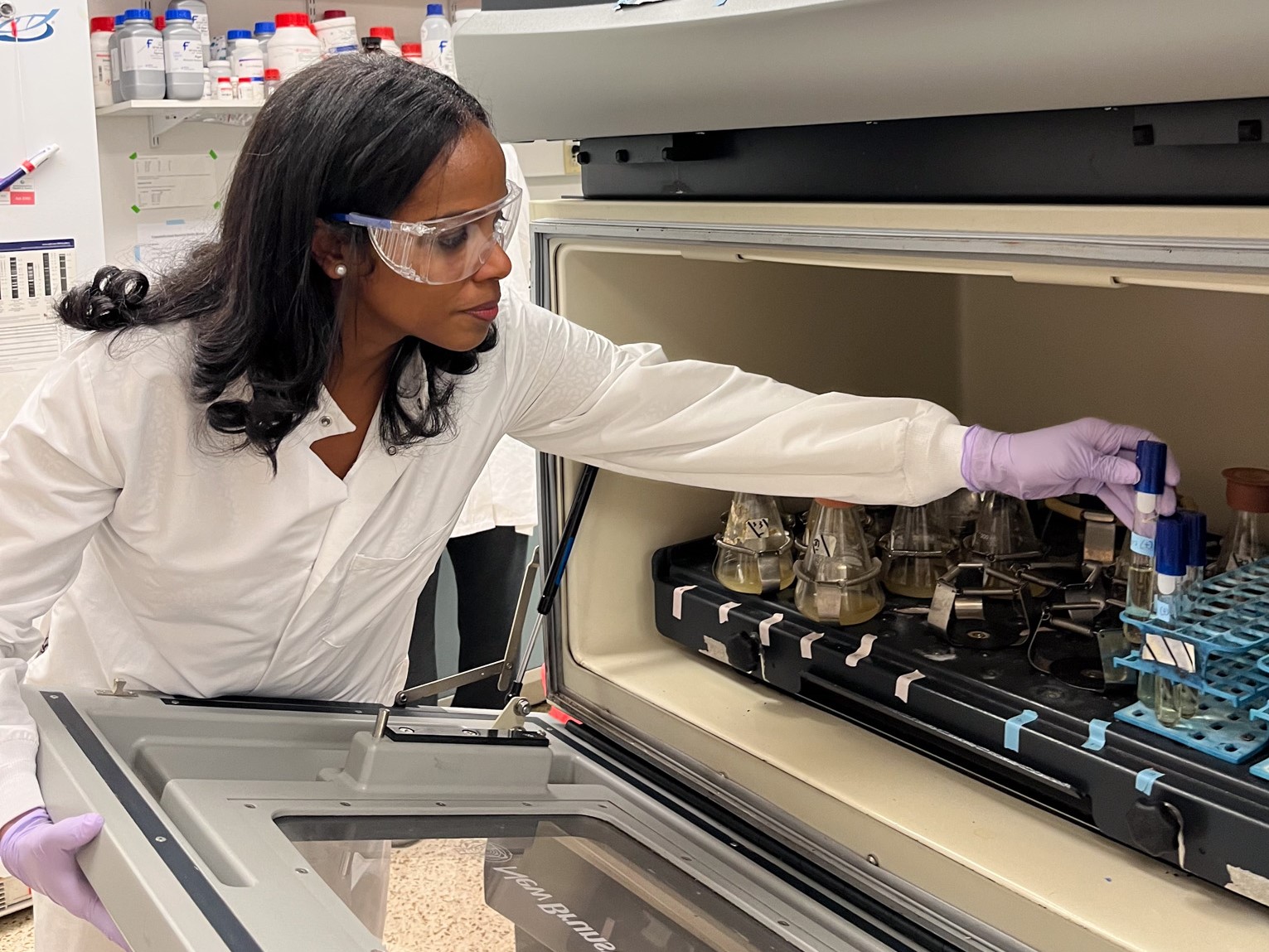
It's a well-known fact that air quality can impact our health. It's something that can be seen all the way down to the cellular level, as different pollutants in the air can influence biophysical cell characteristics.
Texas researchers are diving deep into this phenomenon, aiming to answer the question of how different types of respiratory cells handle the stress of toxic pollutants. More specifically, they're investigating cell shape, how it may serve as a distress signal of toxic air pollution and the impact of different mixtures of pollutants.
-
Eliminating CO2 Emissions from Manufacturing the Goal of Major Research Alliance
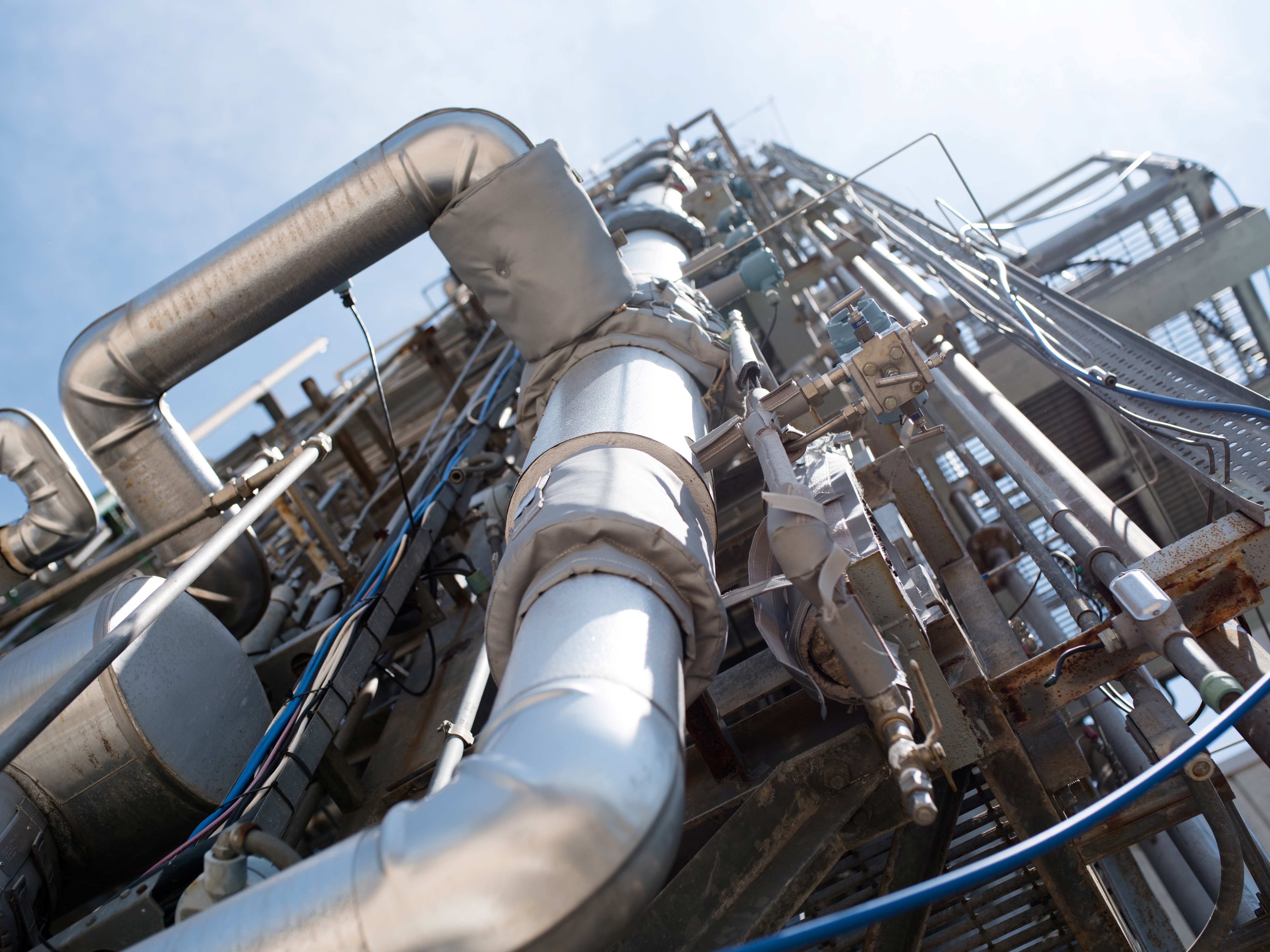
An alliance of nine universities, three national labs and 37 companies will tackle one of the biggest hurdles to decarbonizing manufacturing: carbon dioxide emissions from generating process heat.
Researchers at The University of Texas at Austin will play a significant role in the effort that aims to replace the energy source that powers most manufacturing processes, swapping out hydrocarbon fuels for clean electricity – generated through renewable sources such as solar and wind. Doing this could make a major impact, as manufacturing represents more than 30% of U.S. carbon dioxide emissions.
-
New Computational Technique Will Enable Understanding and Design of Complex Optical Materials
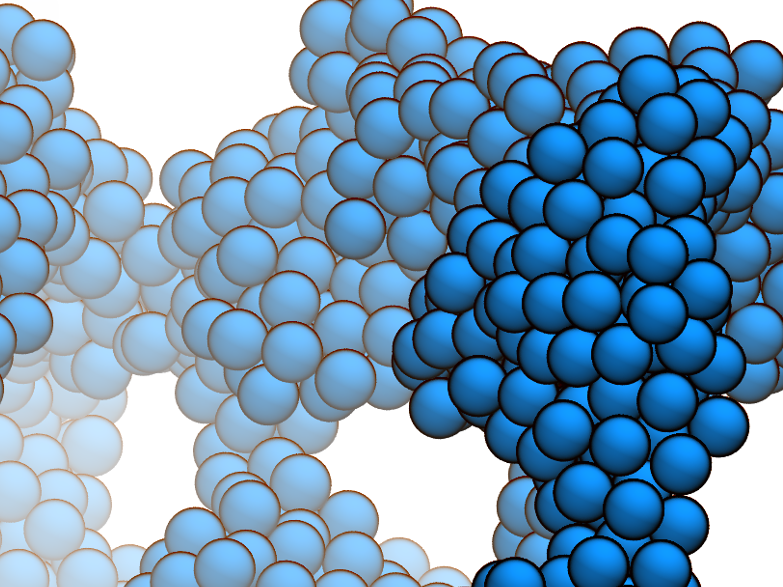
Constructing materials by dynamic assembly of nanoparticles offers opportunities to control the way they react to changes in their environment – such as temperature, light and chemical queues – all based on how their tiny building blocks are arranged. Many of the materials capable of major changes – such as the ability to absorb light or become transparent, to flow or form a rigid solid – are messy, with a disordered structure that modern techniques struggle to decode.
-
Energy Consortium Will Advance Energy Research and Education Workforce
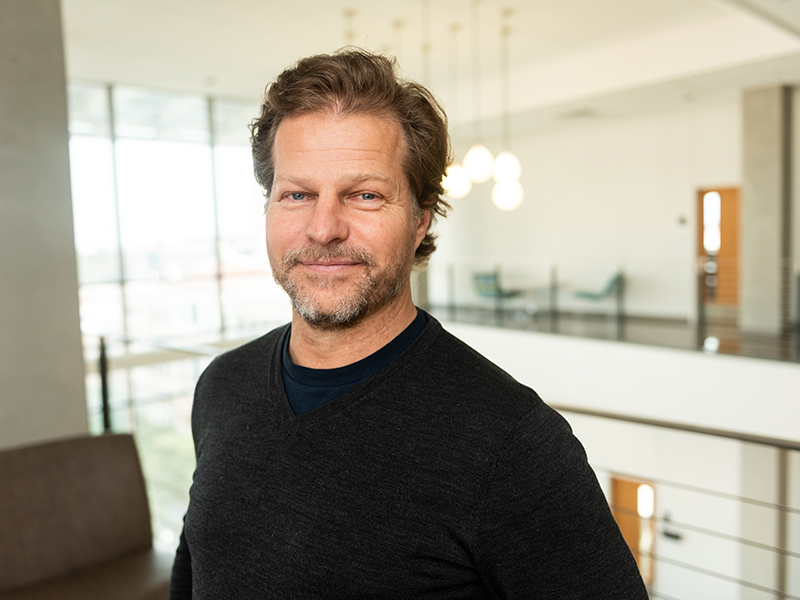
The University of Texas at Austin is leading a new energy consortium in partnership with six New Mexico and Texas universities and two national laboratories for development of the Permian Energy Development Laboratory. The memorandum of understanding reflects a shared goal of conducting advanced energy research, educating the next generation of energy professionals, and supporting energy-intensive communities and the natural resources on which they depend.
-
The Achilles Heel That Could Lead to Universal Coronavirus Treatments
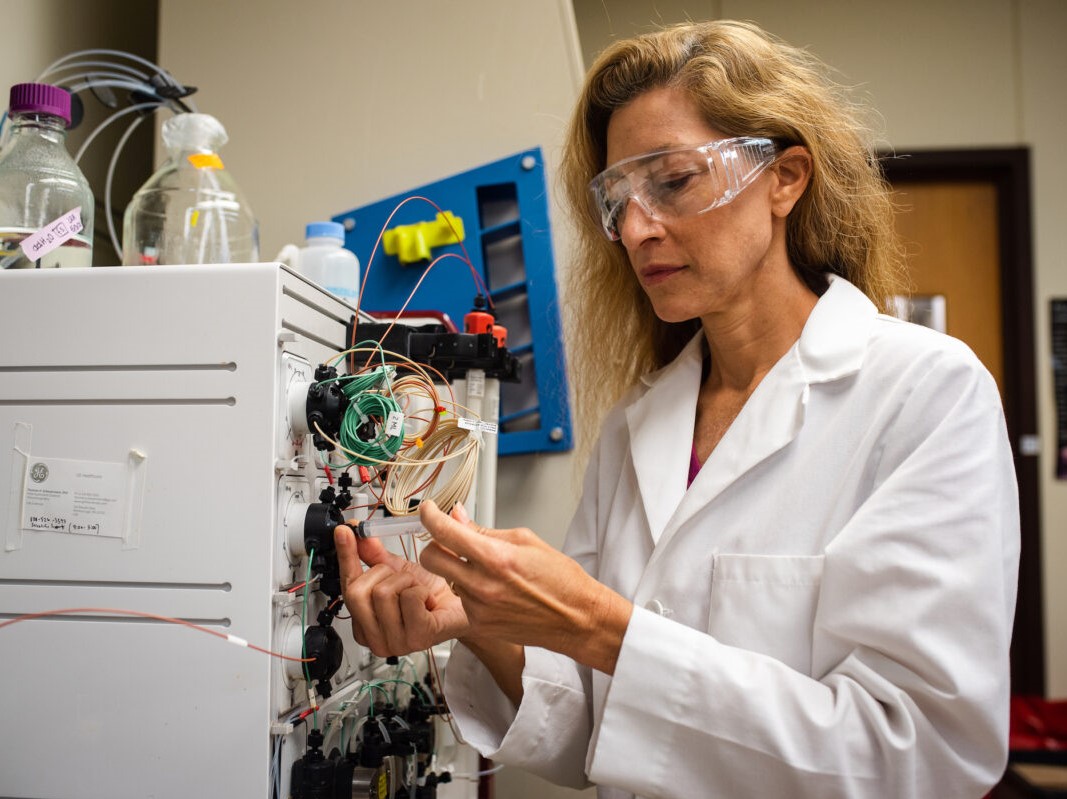
Researchers behind discoveries that led to vaccines for the virus that causes COVID-19 have identified a potential Achilles heel that exists in all coronaviruses. These findings, led by researchers at The University of Texas at Austin, could aid the development of improved treatments for COVID-19 and also protect against existing and emerging coronaviruses.
-
Biomanufacturing Blasts Off to Support Space Missions and, Potentially, Life on Other Planets

As the world's attention has turned back to space travel in recent years, logistics questions about how to pull off long missions, and maybe even someday life on other planets, have popped up. And researchers around the world are starting to look at taking the burgeoning field of biomanufacturing – the use of engineered biological systems to create products – to space to support the idea of space-bound populations.
A research team from The University of Texas at Austin is part of a new program that aims to take the initial steps to mitigate risks associated with manufacturing capabilities that rely on biological processes in space. The Defense Advanced Research Projects Agency (DARPA) Biomanufacturing: Survival, Utility, and Reliability beyond Earth (B-SURE) program will address foundational scientific questions to determine how well industrial biomanufacturing microorganisms can perform in space conditions.
-
4 Professors Among National Academy of Inventors’ Top Members
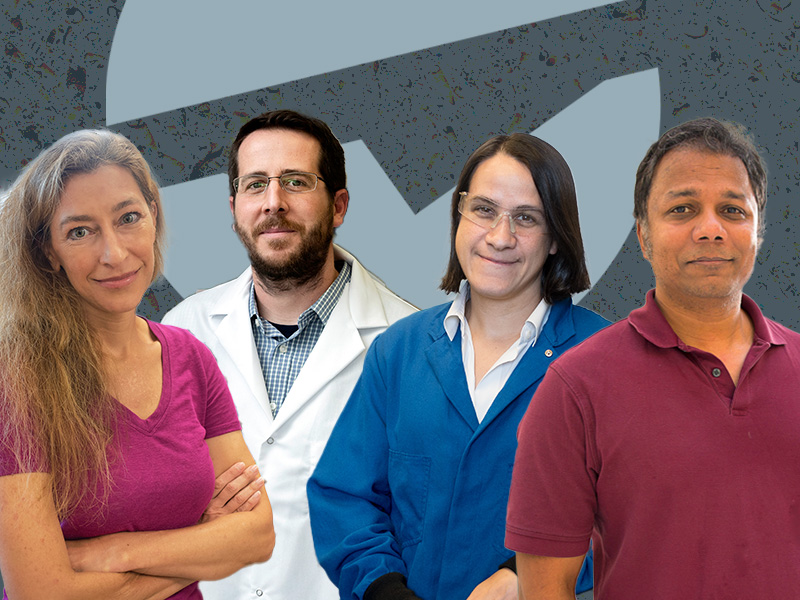
Four faculty members at The University of Texas at Austin have been named to the National Academy of Inventors’ 2023 class of Senior Members. The honorees include three faculty members from the Cockrell School of Engineering and one from the College of Natural Sciences.
They are Jennifer Maynard, Jason McLellan, Delia Milliron and Sriram Vishwanath.
-
Professor, Alumnus Elected to National Academy of Engineering
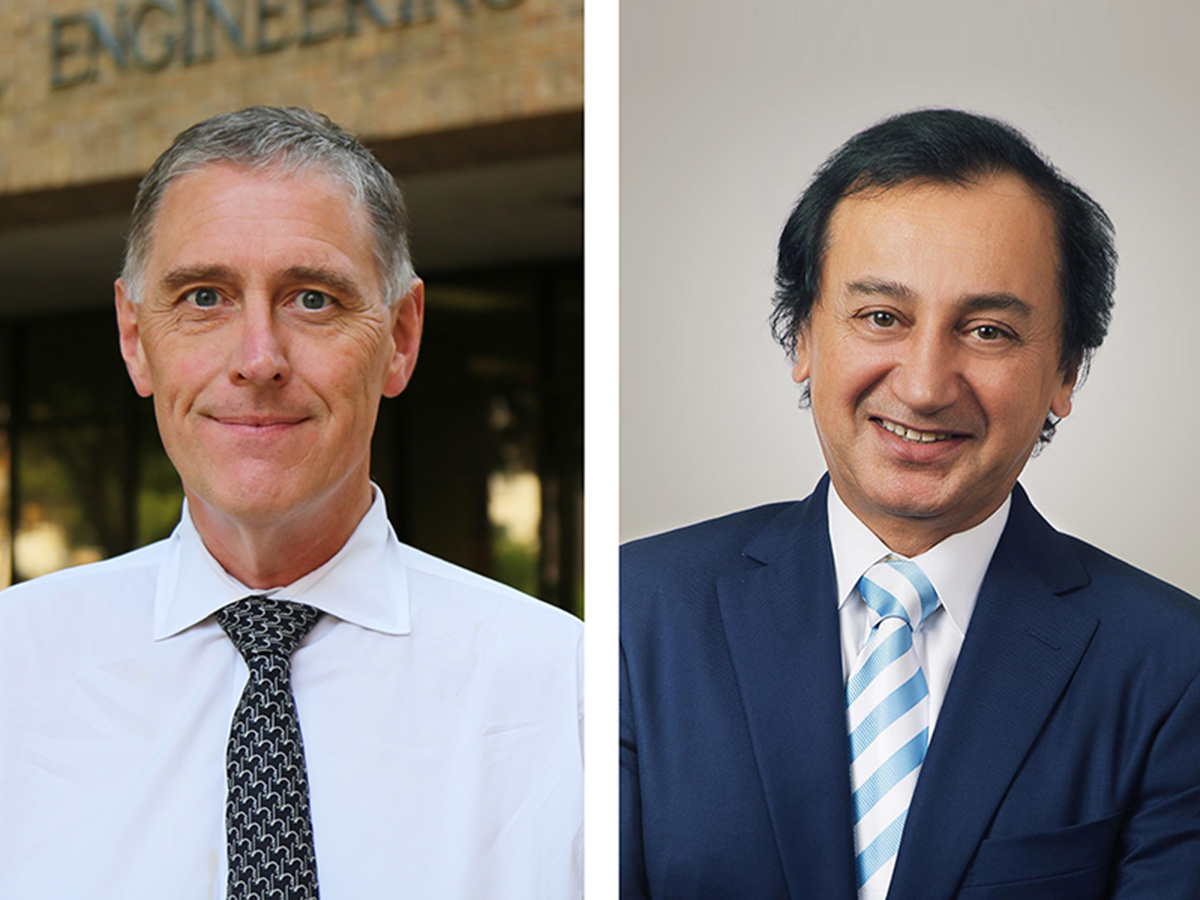
The National Academy of Engineering has elected Benny Freeman, a professor in the McKetta Department of Chemical Engineering at The University of Texas at Austin, to the academy for 2023. Alumnus Fariborz Maseeh, who received a master’s degree in civil engineering from UT Austin, has also been elected.
-
New Data Lab to Tackle Oil & Gas Greenhouse Gas Emissions Accounting
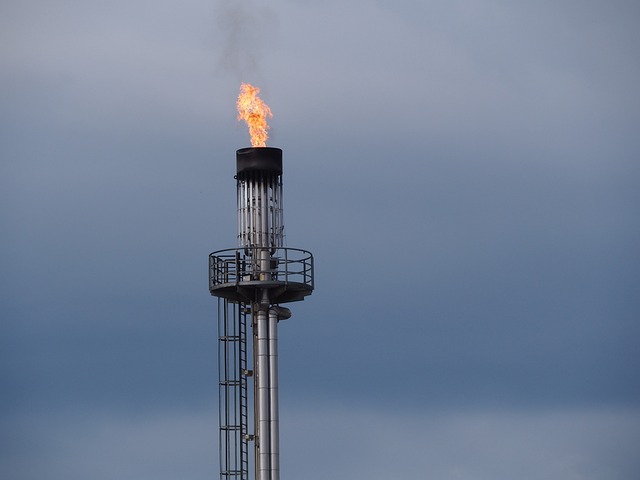
The University of Texas at Austin will be home to a new multidisciplinary research and education initiative based in its Cockrell School of Engineering – the Energy Emissions Modeling and Data Lab (EEMDL) – that will address the growing need for accurate, timely, and clear accounting of greenhouse gas emissions across global oil and natural gas supply chains. Data and analysis from this new endeavor will help both public and private institutions develop climate strategies and actions informed by accurate, verified data, identifying opportunities for emissions reductions.
-
New Nanoscale 3D Printing Technique Could Solve Vexing Bottlenecks in High-Throughput Nanomanufacturing
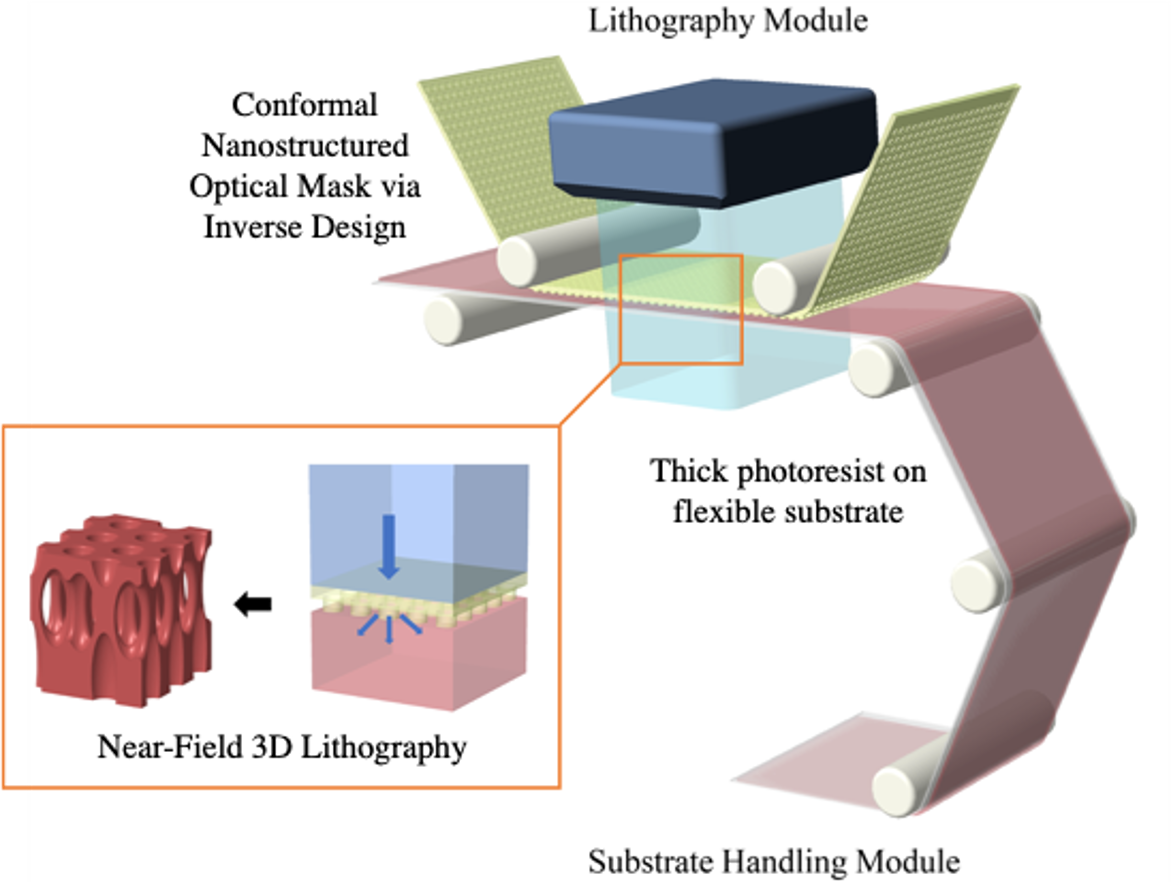
The University of Texas at Austin has a rich history in 3D printing, inventing one of the first forms of the technology, and now Texas Engineers have received a grant to tackle some of its most glaring problems.
In 3D printing, there is a tradeoff between the precision needed to create the object (resolution) and the speed and scale at which the object can be made (throughput). This is especially true at the nanoscale, where it is practically infeasible to make any kind of complex structure with multiple types of materials or patterns at a high rate.
-
Texas Biologics to Bolster Research in Therapeutics
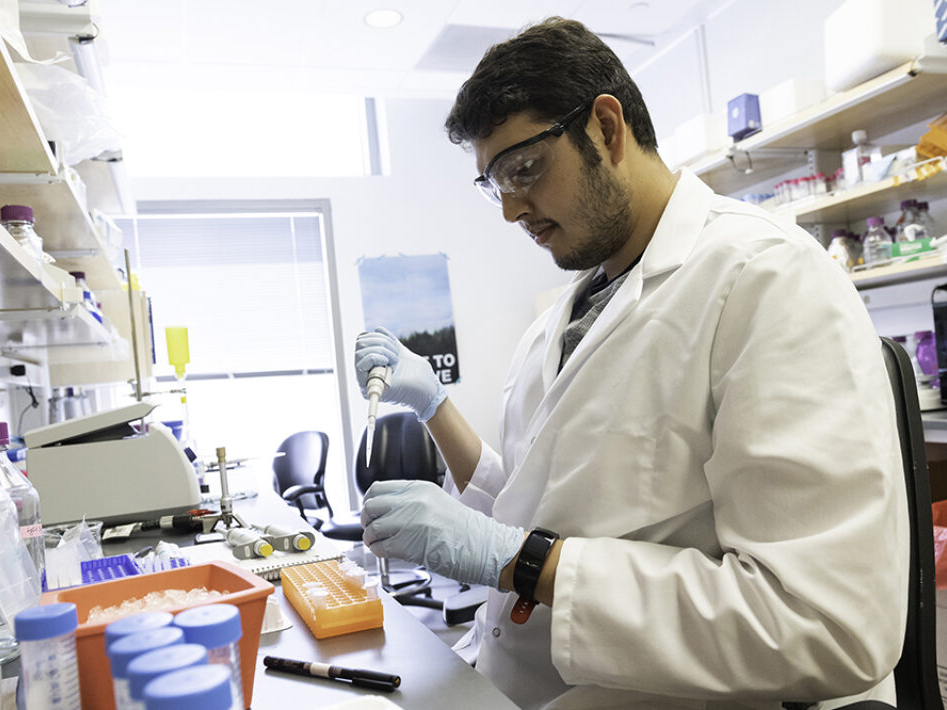
Nearly two years after COVID-19 vaccines entered widespread use, featuring technology from researchers at The University of Texas at Austin, the Cockrell School of Engineering and the College of Natural Sciences have launched Texas Biologics, a cross-disciplinary effort made up of world-renowned faculty members and researchers working across all areas of therapeutics.
-
Peppas Receives 2022 Biomaterials Global Impact Award
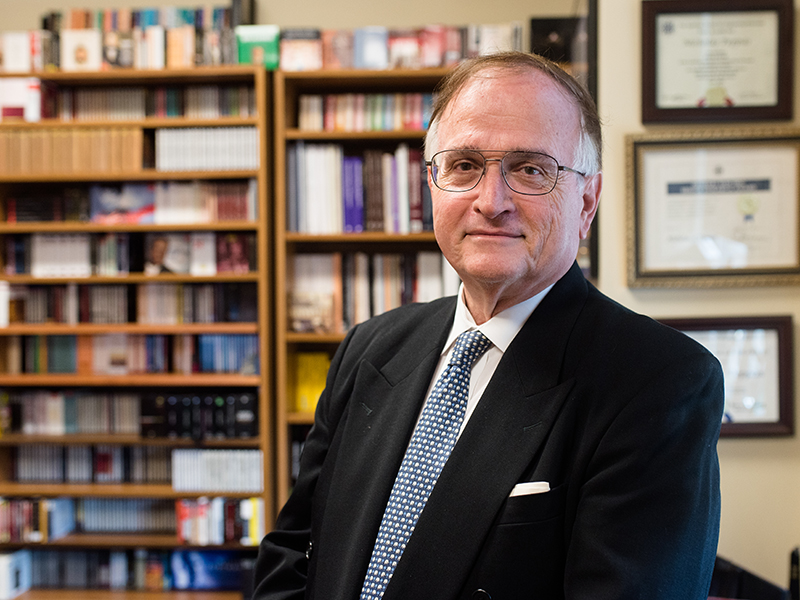
Nicholas Peppas has been honored with the Biomaterials Global Impact Award for 2022, which he received during the 32nd Annual Conference of the European Society of Biomaterials in Bordeaux, France. The award recognizes established researchers in the field of biomaterials who have accomplished great achievement.
-
UT-led Research Center Aims to Find Better Ways to Clean Water
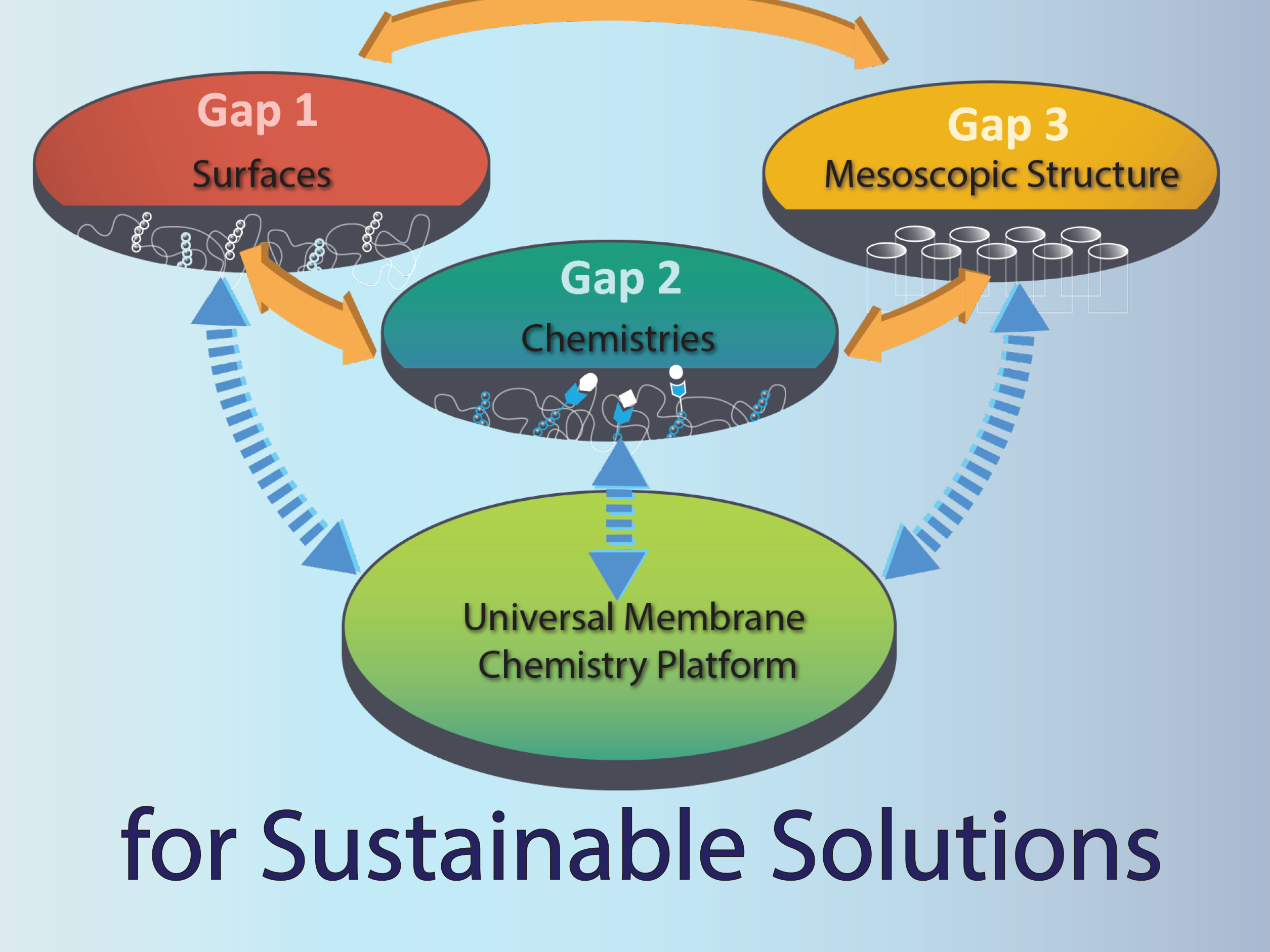
The Center for Materials for Water and Energy Systems (M-WET) has been studying novel membrane-based approaches — and new materials — to change how we purify water for four years, and that work will continue after the U.S. Department of Energy (DOE) renewed funding for the initiative. M-WET will receive an additional $12 million over another four years, through DOE’s Energy Frontier Research Center Program.
-
Interdisciplinary Team Aims to Create Controllable Synthetic Cells and Tissue
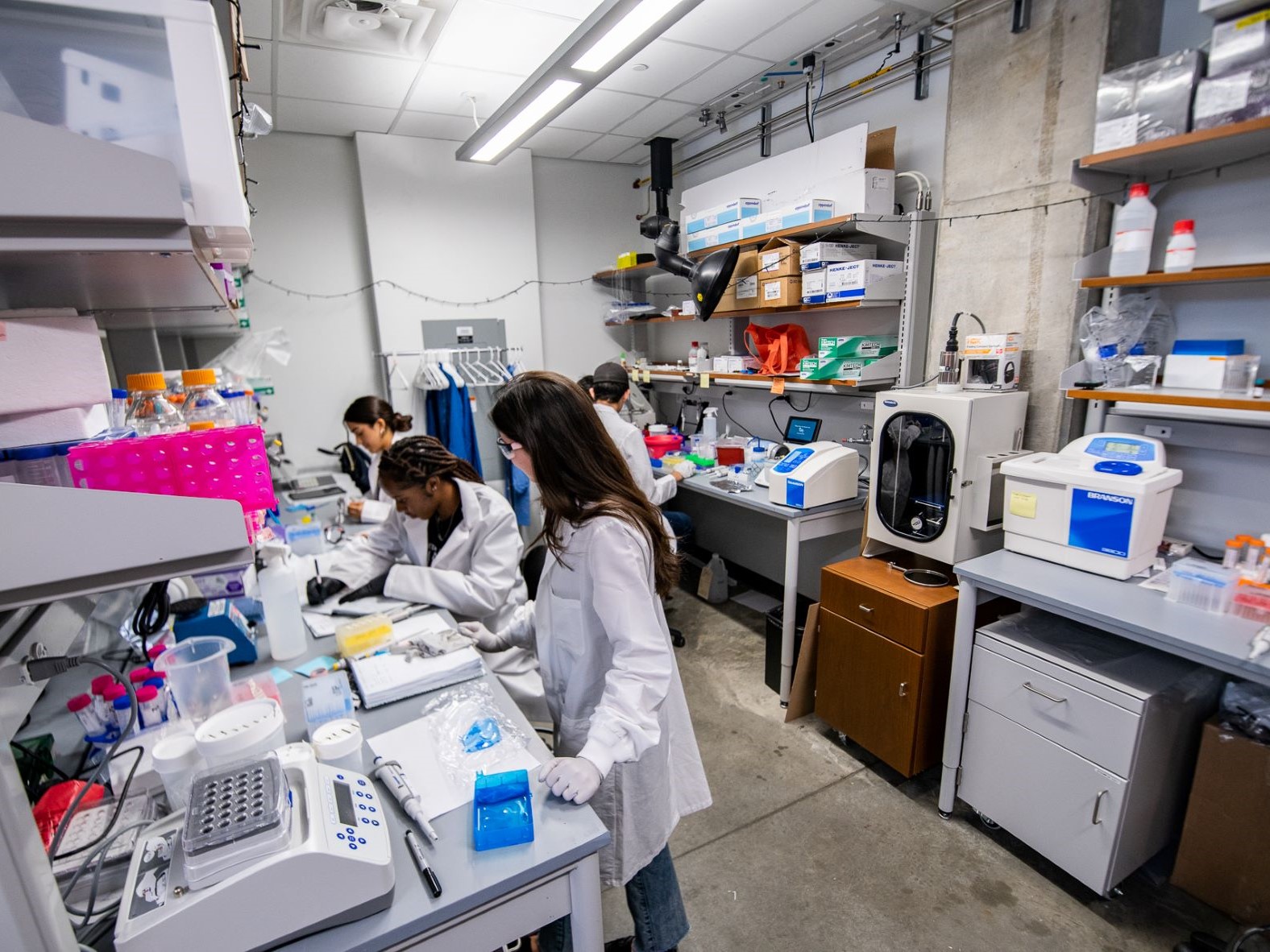
A new grant for researchers across several departments and schools at The University of Texas at Austin aims to establish a new hub of activity to better understand and replicate the skills that cells possess. The grant from the National Science Foundation will support a platform for creating synthetic cells with an emphasis on how they link up and exchange material and information with one another.
-
Nanostructured Fibers Can Impersonate Human Muscles
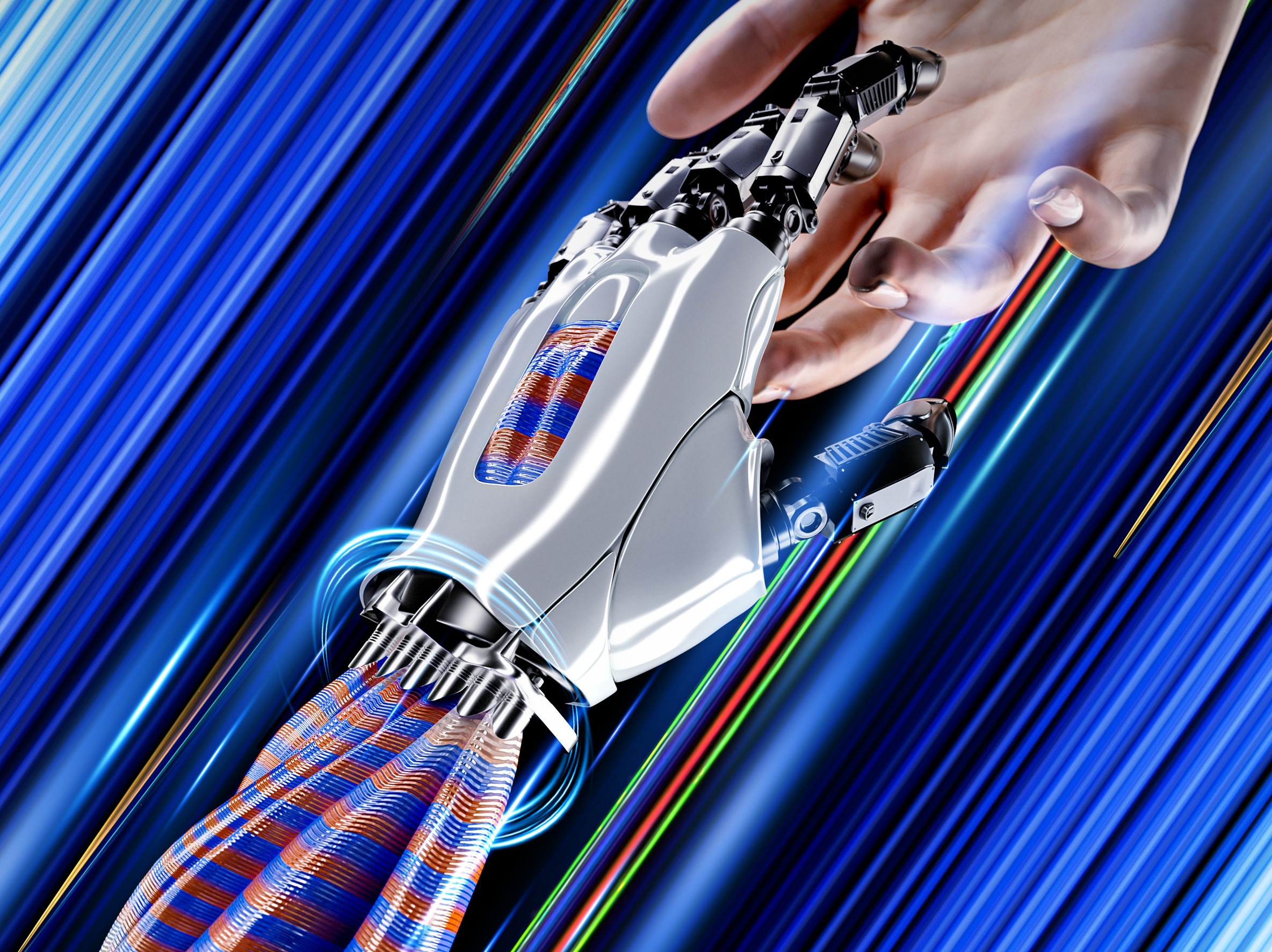
Mimicking the human body, specifically the actuators that control muscle movement, is of immense interest around the globe. In recent years, it has led to many innovations to improve robotics, prosthetic limbs and more, but creating these actuators typically involves complex processes, with expensive and hard-to-find materials. Researchers at The University of Texas at Austin and Penn State University have created a new type of fiber that can perform like a muscle actuator, in many ways better than other options that exist today. And, most importantly, these muscle-like fibers are simple to make and recycle.
-
New Course to Examine Methane Emissions in Natural Gas

A new, two-part class through Texas Engineering Executive Education (TxEEE), the professional development division of the Cockrell School of Engineering at The University of Texas at Austin, aims to give the energy industry greater understanding of how to utilize, manage and understand one of the world’s most important fuels while reducing the release of a potent greenhouse gas.
-
Plastic-eating Enzyme Could Eliminate Billions of Tons of Landfill Waste
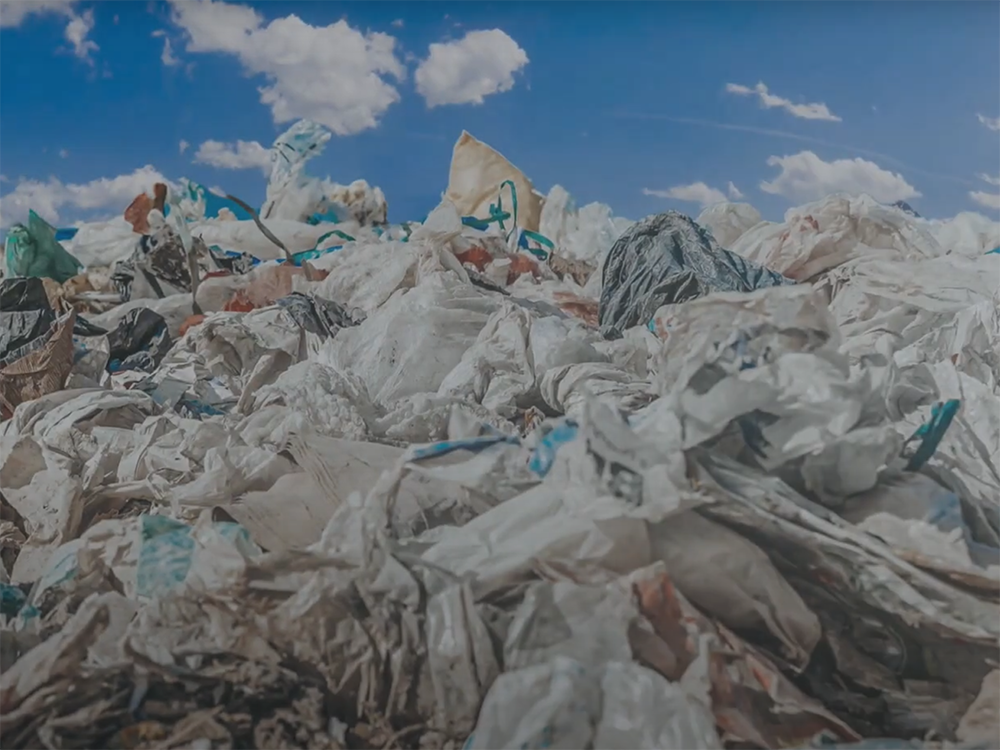
An enzyme variant created by engineers and scientists at The University of Texas at Austin can break down environment-throttling plastics that typically take centuries to degrade in just a matter of hours to days. This discovery, published today in Nature, could help solve one of the world’s most pressing environmental problems: what to do with the billions of tons of plastic waste piling up in landfills and polluting our natural lands and water. The enzyme has the potential to supercharge recycling on a large scale that would allow major industries to reduce their environmental impact by recovering and reusing plastics at the molecular level.







